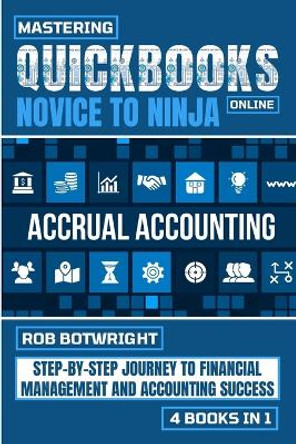Description
A Five Books Best Economics Book of the Year
A Politico Great Weekend Read
"Absolutely compelling."
-Diane Coyle
"The evolution of modern management is usually associated with good old-fashioned intelligence and ingenuity...But capitalism is not just about the free market; it was also built on the backs of slaves."
-Forbes
The story of modern management generally looks to the factories of England and New England for its genesis. But after scouring through old accounting books, Caitlin Rosenthal discovered that Southern planter-capitalists practiced an early form of scientific management. They took meticulous notes, carefully recording daily profits and productivity, and subjected their slaves to experiments and incentive strategies comprised of rewards and brutal punishment. Challenging the traditional depiction of slavery as a barrier to innovation, Accounting for Slavery shows how elite planters turned their power over enslaved people into a productivity advantage. The result is a groundbreaking investigation of business practices in Southern and West Indian plantations and an essential contribution to our understanding of slavery's relationship with capitalism.
"Slavery in the United States was a business. A morally reprehensible-and very profitable business...Rosenthal argues that slaveholders...were using advanced management and accounting techniques long before their northern counterparts. Techniques that are still used by businesses today."
-Marketplace
"Rosenthal pored over hundreds of account books from U.S. and West Indian plantations...She found that their owners employed advanced accounting and management tools, including depreciation and standardized efficiency metrics."
-Harvard Business Review
About the Author
Caitlin Rosenthal returned to Harvard for her Ph.D. in history after three years with McKinsey & Company. A finalist for the Nevins Prize in Economic History and winner of the Krooss Prize for the Best Dissertation in Business History at Harvard University, she was a Newcomen Postdoctoral Fellow at Harvard Business School and is now Assistant Professor of History at the University of California, Berkeley.
Reviews
Examine[s] how slavery laid the foundation of American capitalism, including the invention of financial instruments, such as bonds that used enslaved people as collateral. -- Parul Sehgal * New York Times *
Slavery in the United States was a business. A morally reprehensible-and very profitable business. Much of the research around the business history of slavery focuses on the horrors of the trans-Atlantic slave trade and the business interests that fueled it. The common narrative is that today's modern management techniques were developed in the factories in England and the industrialized North of the United States, not the plantations of the Caribbean and the American South. According to a new book by historian Caitlin Rosenthal, that narrative is wrong... Rosenthal argues that slaveholders in the American South and Caribbean were using advanced management and accounting techniques long before their northern counterparts. Techniques that are still used by businesses today. * Marketplace *
Absolutely compelling. -- Diane Coyle * Five Books *
[This] history of the accounting and management of slave plantations in the Americas goes a long way towards puncturing common-sense narratives of free market economics. -- Martin Myers * Times Higher Education *
Valuable...Rosenthal proves that precise calculation of labor productivity took root in the slave economy. The irony is that it was more aggressively calculated there than among many Northern manufacturers of the time. -- Jeremy Ray Jewell * Arts Fuse *
Looks at how sugar and cotton plantations organised and tracked production. It is a fascinating yet horrifying history of how planters saw the slaves they profited from-and how they drove up production...Challenges many dominant ideas about capitalism, class and progress. -- Sadie Robinson * Socialist Worker *
Full of insights into the history of Atlantic slavery, Accounting for Slavery will force its readers to look with fresh eyes at the many freedoms and unfreedoms of the modern American workplace. This is an original book, which uniquely draws from and speaks to many disciplines, while written compellingly for a wide audience. -- Jonathan Levy, University of Chicago
By paying close attention to slaveholders' methods of keeping accounts, Caitlin Rosenthal shows how and why they tried to reduce human beings to marks on a ledger. Anyone concerned with the sometimes dark history of management, data, and modern accounting practices needs to read this brilliant, carefully argued book. -- W. Caleb McDaniel, Rice University
Awards
Winner of Francis B. Simkins Award 2019 (United States).
Book Information
ISBN 9780674241657
Author Caitlin Rosenthal
Format Paperback
Page Count 320
Imprint Harvard University Press
Publisher Harvard University Press









